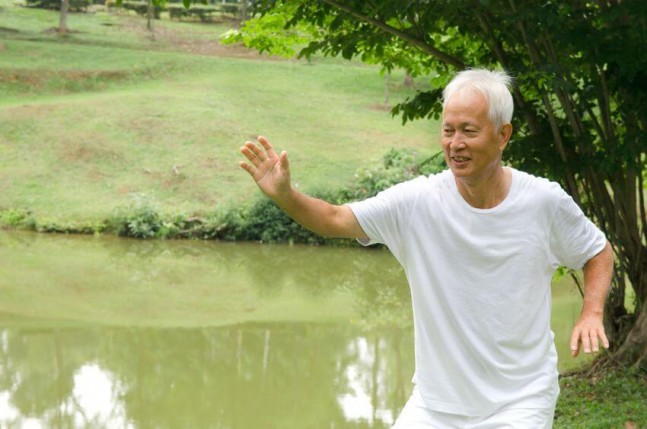Can the risks of falls be reduced by tai chi?
Falls are a great risk for the aging population and the primary cause of death in older adults. It also causes a large number of non-fatal injuries and generates a great burden on the public health system.
Previous studies have recommended tai chi practise as a useful tool for the aging population in several aspects, including reduction of falls.
However, these studies had some serious limitation which included the small number of selected studies, the absence of analysis of the short and long-term effects of tai chi, and the absence of the analysis of the number of fallers.
The results of the analysis showed that compared to other interventions such as low intensity exercise and physical therapy, tai chi provided a significant fall risk reduction.
Thus, there is a lack of information about the effects of tai chi on the reduction of the falls rate, the time to first fall in older adults, and the number of injurious falls.
To investigate this, researchers from the University of Jaén in Spain conducted a meta-analysis and combined data from 10 good quality studies which were recent.
Participants ranged from 56 to 98 years old with varying risks of falling. The range of tai chi interventions ranged from 12 to 25 weeks which involved 1 hour sessions and took place between one and three times a week.
The results of the analysis showed that compared to other interventions such as low intensity exercise and physical therapy, tai chi provided a significant fall risk reduction of 43 per cent at short term follow up at under 12 months and a 13 per cent reduction at long-term follow up at over 12 months.
When the scientist investigated falls that cause an injury, they found low-quality evidence of a falls risk reduction by 50 per cent at short-term and 28 per cent at long-term follow up.
This means that tai chi can reduce falls rate by almost half in the first year and this effect can be extended beyond the first year, although the magnitude of this effect is substantially reduced.
The findings also found that tai chi had no effect on when an individual is likely to have that first fall which causes injury.
The researchers conclude that tai chi can be recommended to older adults to help them reduce the incidence of falls especially in the short term and may have a protective effect on the incidence of injurious falls.
The gentle practice of tai chi has been known to improve muscle strength and physical capacity in older adults and can improve balance and while being a very low impact activity, it is also cost-effective – making it an ideal intervention for the ageing population and their health.
Source: Journal of America Geriatrics Society








